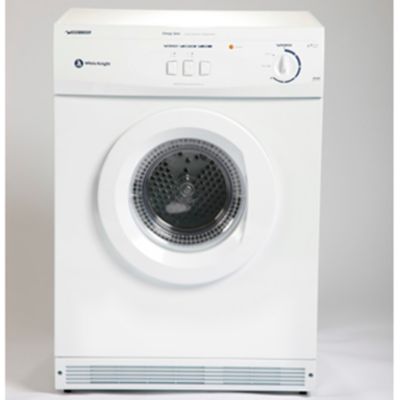How to Buy an Energy Efficient Dryer

Dryers and washers come in several options, from gas to electric, and side-by-side to stacking. No matter what your space or financial restrictions, you can reduce costs by improving your old washing machine with more power effective designs.
Do not rush making this purchase as you will need to choose from a range of designs and shapes available in the market. It is recommended to buy the dryer that is not only energy efficient but also improves performance.
Instructions
-
1
Consider buying the appliance with the Power Star or Energy Star sticker pasted on some part of it. Energy efficient washers exceed government lowest specifications for energy intake. Furthermore, they can also help you save your valuable and hard earned cash by reducing your electricity bills considerably.
-
2
Read the national energy books for each appliance design that you're interested in buying. The power information will give you data about kilowatt-hour utilization, water utilization, and the approximated annually price associated with appliance designs.
-
3
It is advised to buy a gas washer and dryer if possible. Gas dryers are typically more expensive to buy, but they are extremely cheap to operate and therefore they ensure more savings for you in the long term. You will probably use your new appliance for at least ten to fifteen years, so long-term costs are an important aspect to consider.
-
4
Do not be tempted to buy a front load dryer. Horizontal-axis dryers usually have a front-load design and have a spinning container that needs significantly less water to clean outfits than traditional designs for dryers available in the market.
-
5
Always take your time when looking for resource-efficient dryers that offer very fast spinning cycles. High-speed spinning dryers draw out more wetness from outfits and require less heating for dehydrating. If you buy a power effective appliance, your outfits dryer will have to do less work which helps you to save energy.
-
6
Focus on outfits dryer designs with heat range and wetness receptors. Dryers with receptors eat 10 to 15 percent less energy than those with timed periods that use the same amount of warm for every dehydrating fill. It is also advised to talk to your friends, relatives and family members to learn their experiences. If someone you know has a very good experience with a particular dryer, you should consider doing some research on it.

